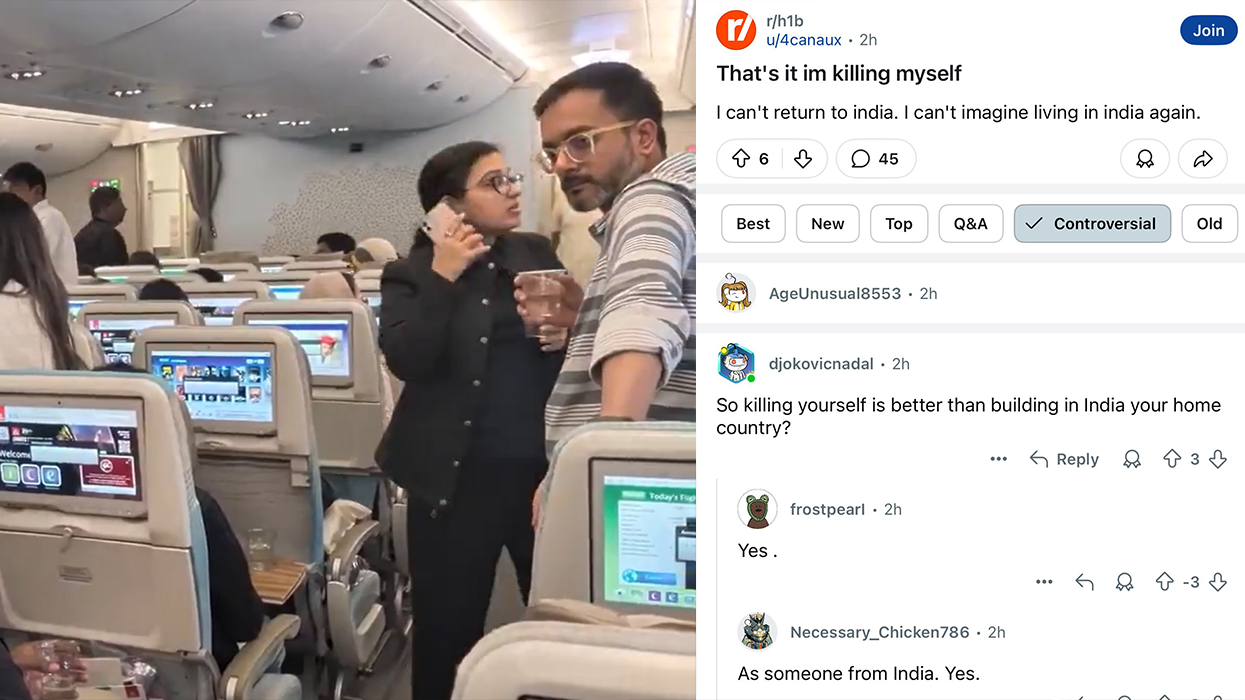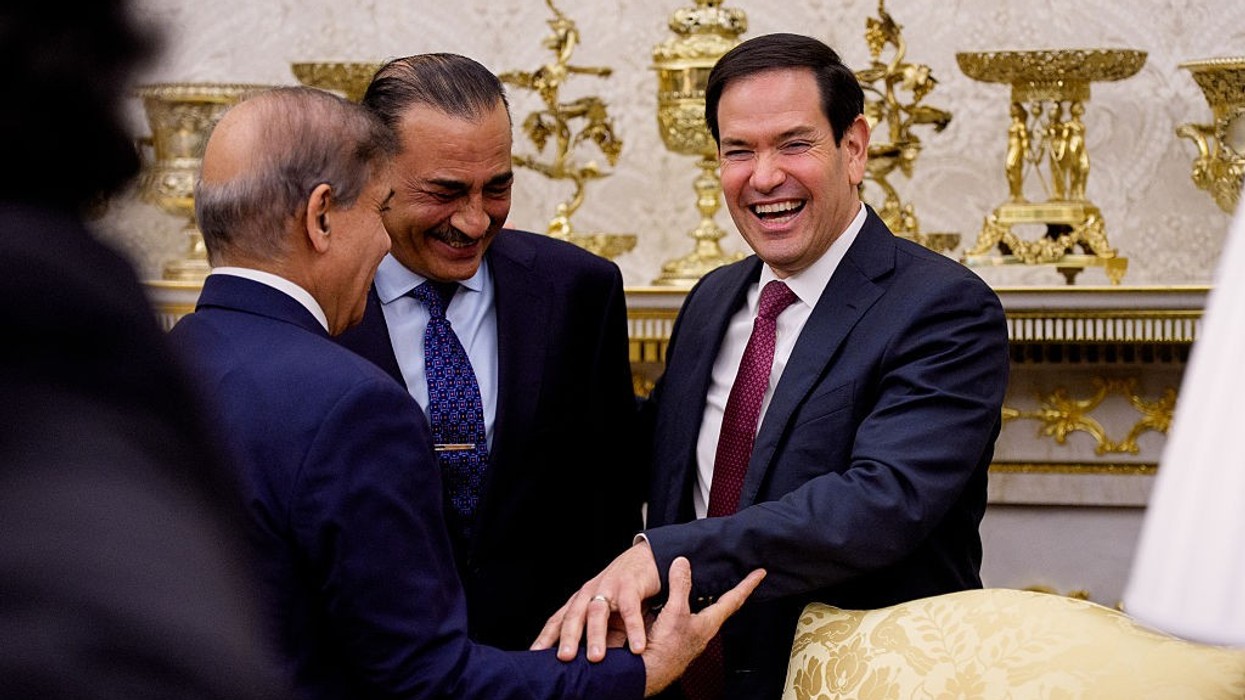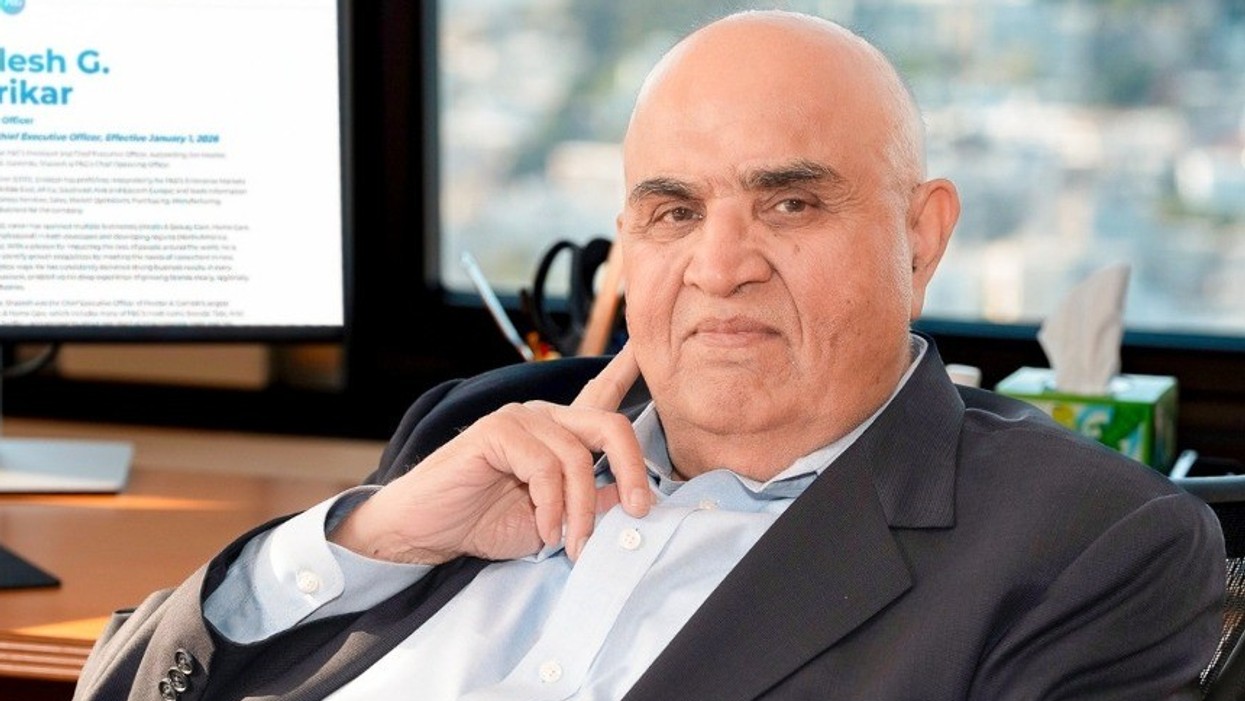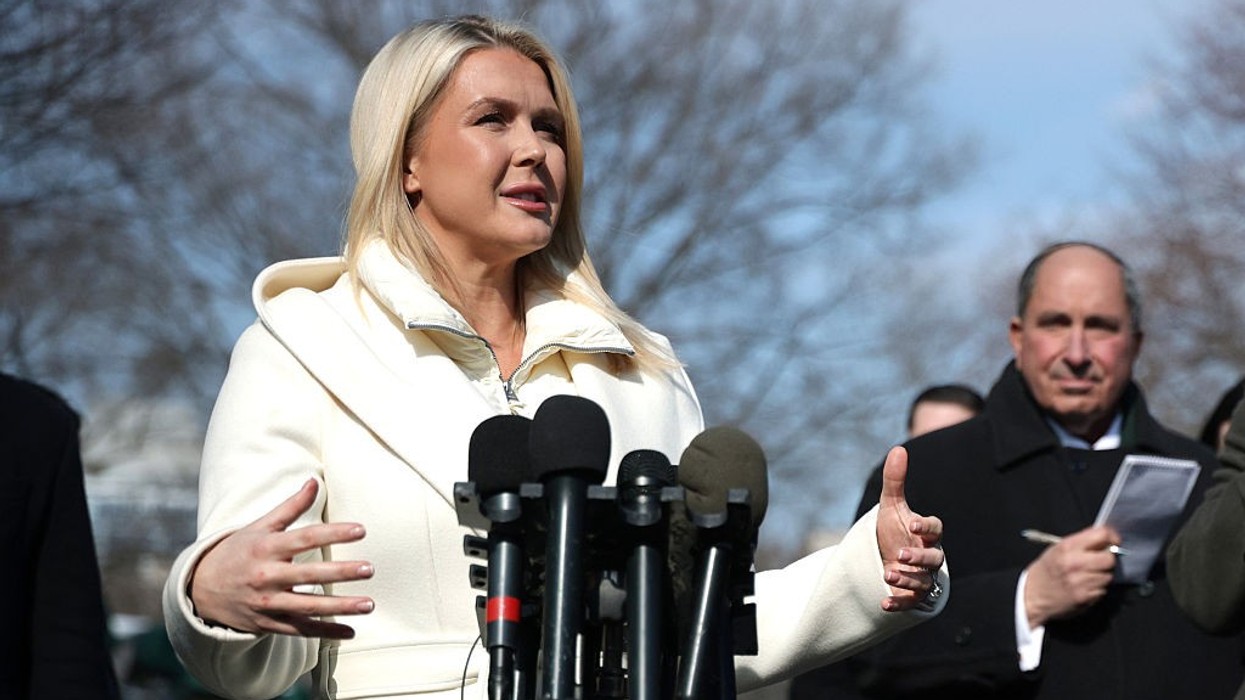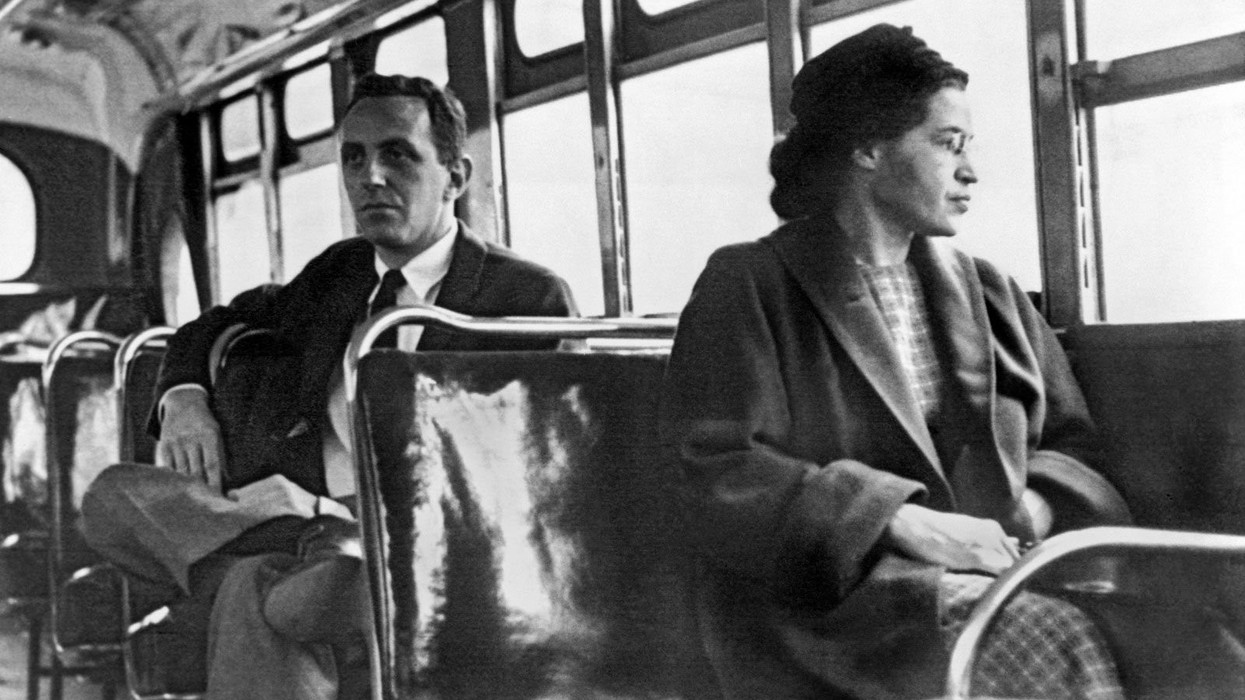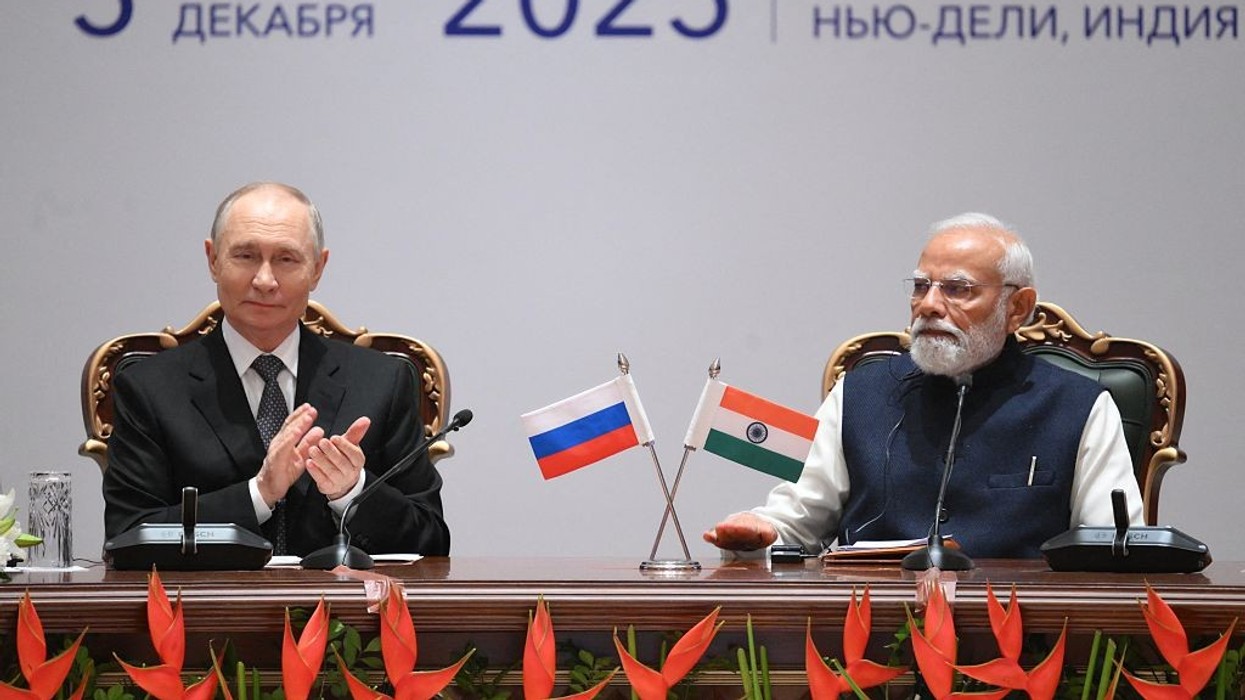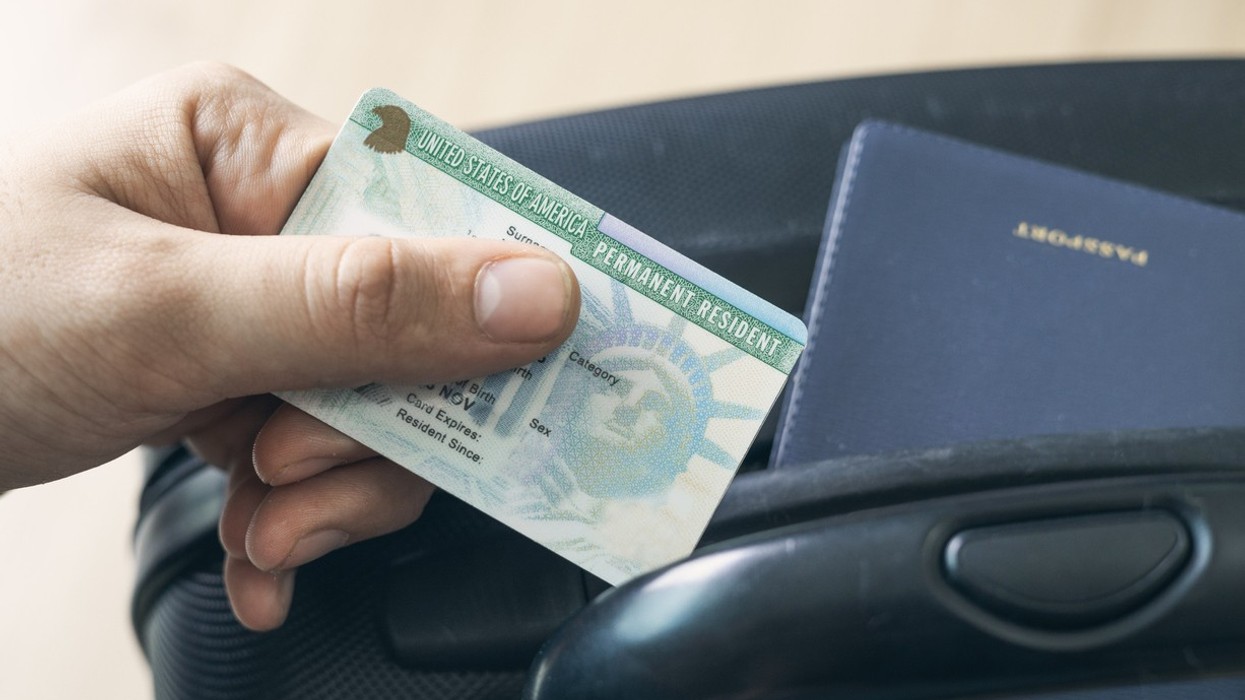President Donald Trump’s sudden announcement of a $100,000 fee for new H-1B visa petitions has created widespread chaos and panic among Indian Americans and skilled professionals who depend on the program. The H-1B visa, considered a lifeline for Indian tech workers and their families to live and work in the United States, typically costs between $2,000 and $5,000. This hike represents an unprecedented increase of 20 to 50 times the usual fee.
Immediate deboarding went viral
The announcement immediately disrupted travel plans for many Indian professionals. At San Francisco International Airport, passengers on a fully boarded Emirates flight reportedly demanded to deboard amid fears they might not be allowed to return to the U.S. if they left. The flight was delayed for over three hours as ground staff worked to manage the tense situation.
Major tech companies including Microsoft, Amazon, and JP Morgan responded swiftly, advising employees on H-1B and H-4 visas to either return to the US promptly or avoid international travel to prevent the risk of being stranded abroad. The sudden development has triggered anxiety among the Indian diaspora, with concerns about job security, family stability, and long-term career prospects.
Reactions on social media platforms
Social media platforms were flooded with reactions. Viral videos showed panicked passengers pleading to disembark flights, while online forums debated the fairness of the policy. Some commenters argued that H-1B holders should not be blamed, as American companies are the ones sponsoring these visas. Others called for calm, noting that the changes apply only to new applications.
Indian political leaders weighed in as well.
Union Commerce Minister Piyush Goyal remarked that the world is “a little afraid of Indian talent” but encouraged Indians to innovate domestically, claiming that India was still a “winner.” Other leaders, however, raised concerns about the humanitarian impact on families and the disruption to the long-standing tech talent pipeline between India and the US.
What is the actual policy?
The new rule, which took effect at 12:01 a.m. EDT on September 21, 2025, applies a one-time $100,000 charge to all new H-1B visa applications, including those for the FY2026 lottery. The US Citizenship and Immigration Services (USCIS) clarified that existing visa holders, renewals, and travelers currently under valid visas are exempt from the fee. According to the Trump administration, the change is meant to curb misuse of the H-1B program, reserve it for “highly skilled” workers, and protect American jobs.
However, critics argue that such a steep fee will discourage U.S. firms from hiring H-1B workers and may push them to offshore more jobs, hurting both the U.S. economy and Indian IT professionals. The move is also expected to reduce remittances from Indian workers in the U.S., potentially impacting India’s economy. Experts fear that this sudden shift could damage decades of U.S.-India cooperation in technology and education.
In short, Trump’s H-1B policy change has caused immediate turmoil, sparking chaotic airport scenes, social media outrage, and warnings from industry leaders. While it aims to reform the visa system, the drastic fee increase threatens thousands of careers and could harm innovation, global workforce mobility, and India-U.S. relations in the long term.
